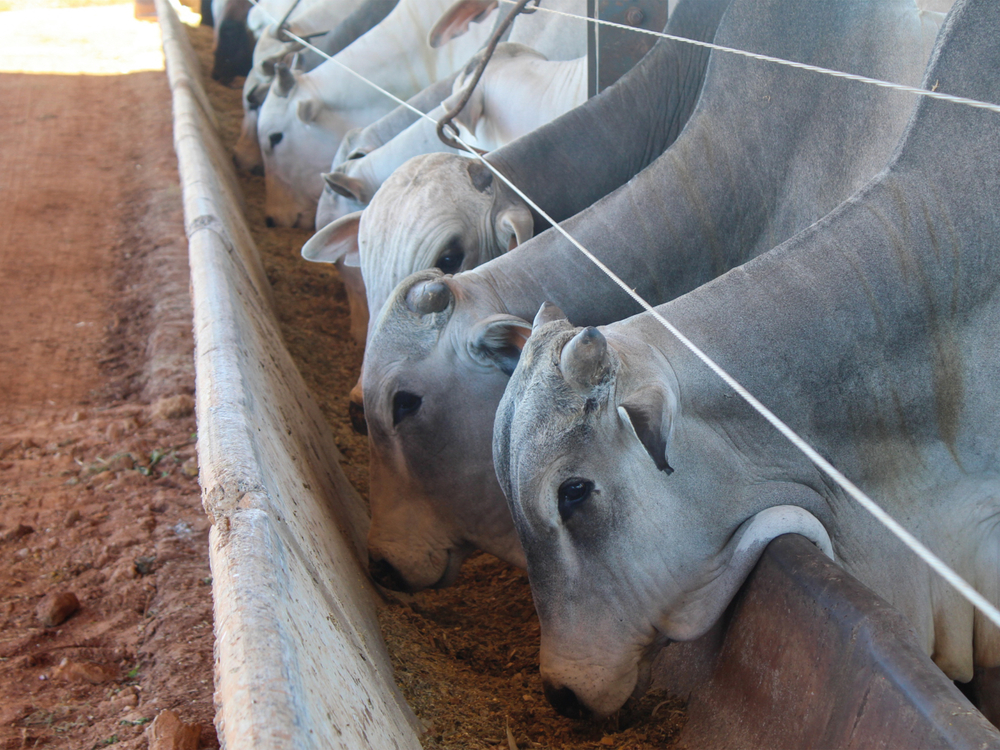Since the beginning of August, the Brazilian government has authorized the slaughter of pregnant cattle during the final stage of gestation. The measure caused revulsion among animal welfare entities, but there is another aspect to be taken into account: permitting this form of slaughter could have a negative impact on the country’s economic gains from the beef trade.
When farmers sell cattle to slaughterhouses, they are paid in accordance with the animal’s weight: the heavier the cow, the more profitable it is. An in-calf heifer, therefore, costs more, due to the weight of its young and the uterine tissue surrounding them, which can weigh up to 80 kilograms.
While this appears to be advantageous for the pockets of farmers, meat from the fetus and gestational tissue is unfit for consumption and is discarded after slaughter, causing losses to the product finally packaged for export.
Furthermore, the measure may affect the halal meat market, sold to Muslim majority countries. The Shafi’i school of Sunni Islam law — common in Egypt, Palestine, Syria, and some countries in East Africa and Southeast Asia — prohibits the slaughter of pregnant animals.
Halal (“permissible” in English) slaughter follows a series of...


 Search
Search






































